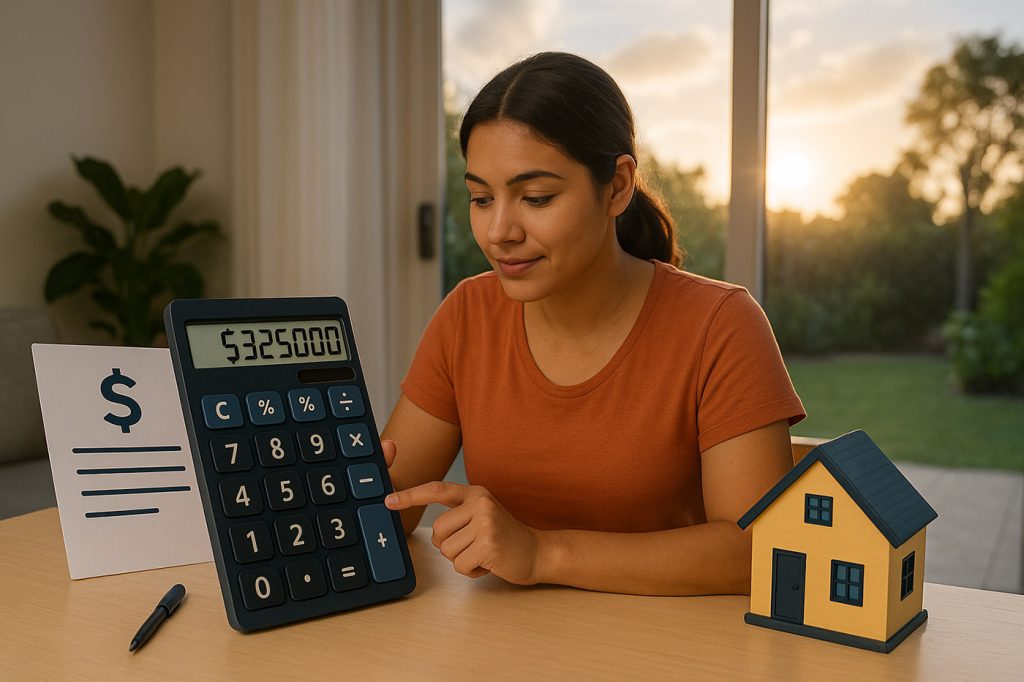How to Calculate Your Home Buying Budget: A Guide for Sunshine Coast Locals
Buying a home is one of the most significant financial decisions you’ll make in your lifetime. For Sunshine Coast locals, understanding how to calculate your home buying budget is needed to ensure a smooth and successful purchase, to make the most of your investment.

Assess Your Financial Situation
Calculate Your Income
Start by evaluating your total household income. Include all sources of income, such as salaries, bonuses, rental income, and any other earnings. This will give you a clear picture of your financial resources.
Review Your Expenses
Next, take a close look at your monthly expenses. Consider fixed costs like rent, utilities, groceries, and transport, as well as variable expenses such as entertainment and dining out. Understanding your spending habits will help you identify how much you can allocate toward a mortgage.
Determine Your Savings
Down Payment
The deposit is a crucial part of your home buying budget. While a 20% deposit is often recommended, many lenders allow for lower deposits. Determine how much you have saved for a deposit and consider any government grants or assistance programs available to Sunshine Coast residents.
Additional Costs
Don’t forget to account for additional costs associated with buying a home, such as:
Stamp Duty: A tax imposed on property purchases, varying by state.
Legal Fees: Costs for conveyancing and legal advice.
Inspection Fees: Expenses for building and pest inspections.
Moving Costs: Expenses related to relocating to your new home.
Understand Your Borrowing Capacity
Get Pre-Approved
Before you start house hunting, it’s wise to get pre-approved for a mortgage. This process involves a lender assessing your financial situation to determine how much they’re willing to lend you. Pre-approval will give you a clear idea of your borrowing capacity and help you set a realistic budget.
Use a Mortgage Calculator
Utilising a mortgage calculator can provide valuable insights into your potential repayments based on different loan amounts, interest rates, and loan terms. This tool can help you visualise how your budget aligns with your desired property price.
Factor in Ongoing Costs
Monthly Mortgage Payments
Your monthly mortgage payments will be one of your largest ongoing expenses. Use your pre-approval details and mortgage calculator to estimate these payments and ensure they fit comfortably within your budget.
Other Homeownership Costs
In addition to your mortgage, consider ongoing costs such as:
Council Rates: Regular taxes based on your property’s value.
Home Insurance: Protects your home and belongings.
Maintenance and Repairs: Budget for routine upkeep and unexpected repairs.
Set a Realistic Budget
Create a Budget Plan
Once you’ve assessed your income, expenses, savings, and borrowing capacity, create a detailed budget plan. Outline how much you can comfortably spend on a home while maintaining your lifestyle and meeting other financial goals.
Stay Flexible
While it’s essential to stick to your budget, be prepared for unexpected expenses or changes in the market. Staying flexible will help you navigate the home buying process more effectively.

